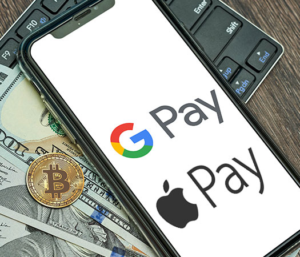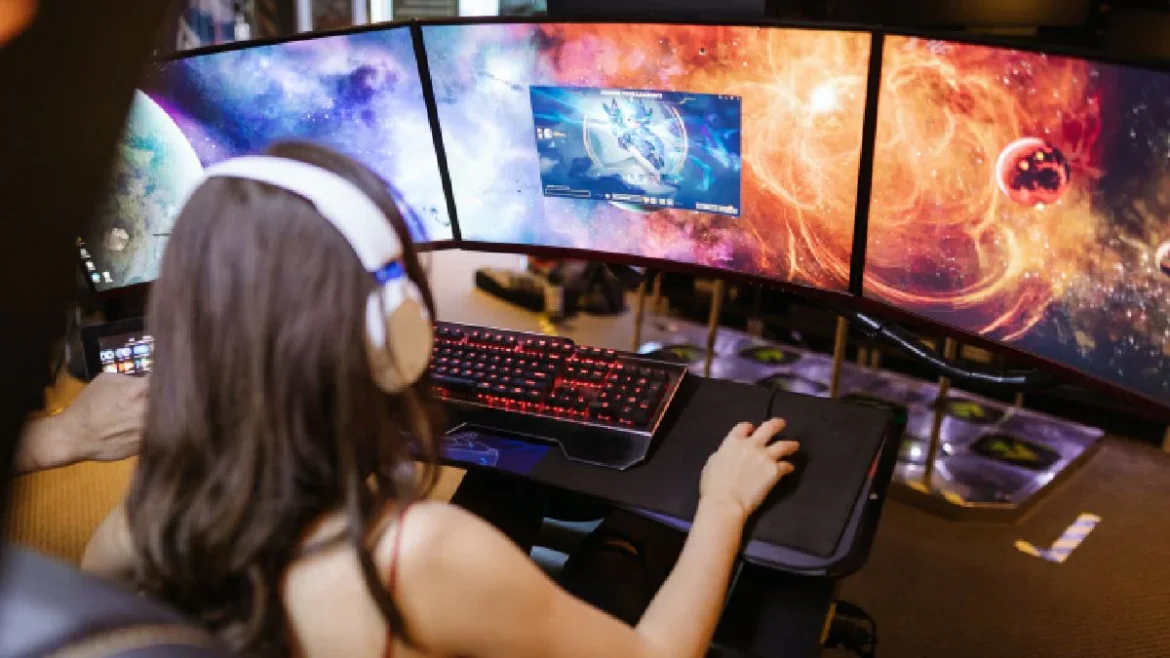 The South Korean government has told Apple and Google to remove all play-to-earn (P2E) “money-making” games from their Korean app stores. New P2E games will also not be allowed to be released in the country. South Korea’s Game Management Committee (GMC) decided earlier this week that any games that require an in-app purchase before playing should be effectively banned. The South Korea news organization reported that the government has been fighting against P2E gaming since April 2021.
The South Korean government has told Apple and Google to remove all play-to-earn (P2E) “money-making” games from their Korean app stores. New P2E games will also not be allowed to be released in the country. South Korea’s Game Management Committee (GMC) decided earlier this week that any games that require an in-app purchase before playing should be effectively banned. The South Korea news organization reported that the government has been fighting against P2E gaming since April 2021.
The global cryptocurrency exchange Binance explains that a play-to-earn game is any game that “allows users to farm or collect crypto and NFTs that can be sold on the market.” These games are blockchain-based on an ecosystem like Ethereum, which enables digital assets to be transferred in a decentralized manner that evades government censorship.
Two of the most popular P2E game projects right now are Axie Infinity and Splinterlands. Both are expensive to buy into, however, as Axie gamers have to fork over at least $1,000 just to get started. In Axie, players breed and trade their in-game creatures called you guessed it Axies. These sell for anywhere from a few hundred dollars up to 369 Ethereum each, which equates to about $1.4 million USD.
Enough about overpriced virtual blobs, though. Why did South Korea ban P2E games? Well, apparently the country considers P2E games not as a source of income as some have already done in the Philippines but as a game where earnings are considered more like “winnings.” Game “prizes” or “winnings” are capped in South Korea at 10,000 Korean won at a time, which equals about $8.42 USD.
A South Korean official argued that P2E games should not receive age ratings (and therefore not be listed), stating “It is reasonable to keep P2E games from getting age ratings under the current law because cash rewards in games can be considered prizes.”
South Korea has been critiqued in the past for its censorship of the gaming industry. According to national law, all games in Korea must be rated by the Game Rating and Administration Committee (GRAC) or its Game Content Rating Board (GCRB) before they can be sold in the country. So now that P2E games cannot be rated, they can no longer be sold.
South Korea is one of the biggest markets in the world for gaming. It’s home to most of the world’s best esports players. The country is the fourth-largest market in the world for gaming after the US, China and Japan, in that order. An estimated 70.5% of the entire Korean population plays video games, as well. The P2E gaming industry will be missing out on a massive market with the new ban.
It’s not yet clear whether any other countries besides South Korea will follow suit, though China’s government-run state television recently told its citizens that P2E games were scams. In the West, no governments have taken a stance yet. But some companies have released statements, as the US-based Steam Store banned any blockchain-based games back in October 2021.
As gacha games, P2E games and games with lootbox-based monetization systems tread the line between gaming and gambling, it remains to be seen how other national governments will enforce the burgeoning P2E gaming industry.



